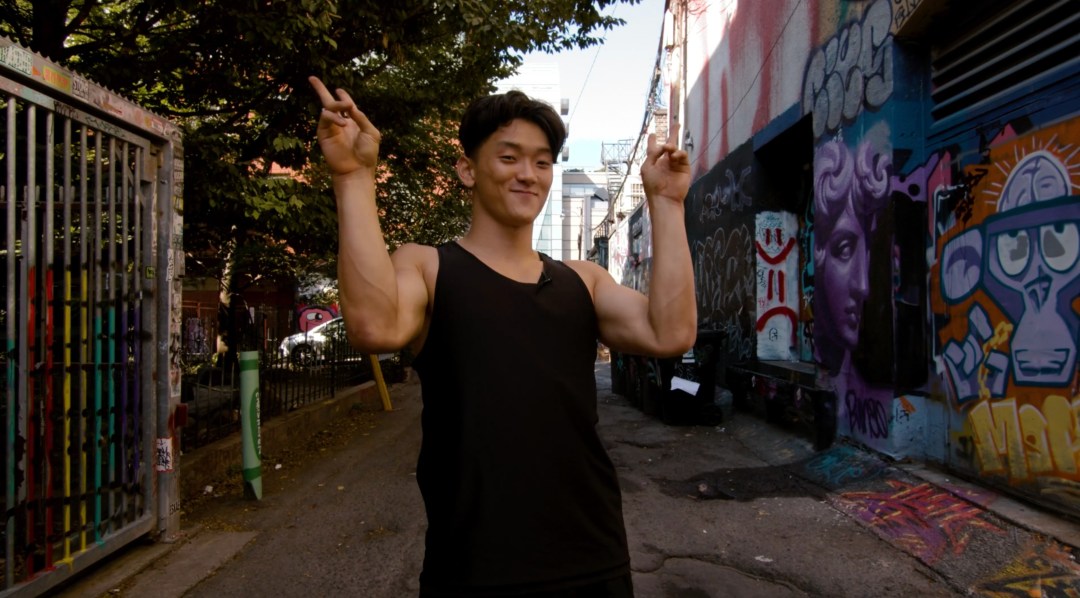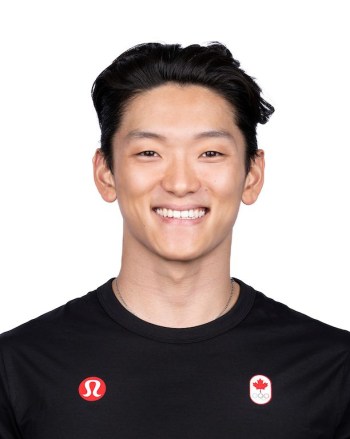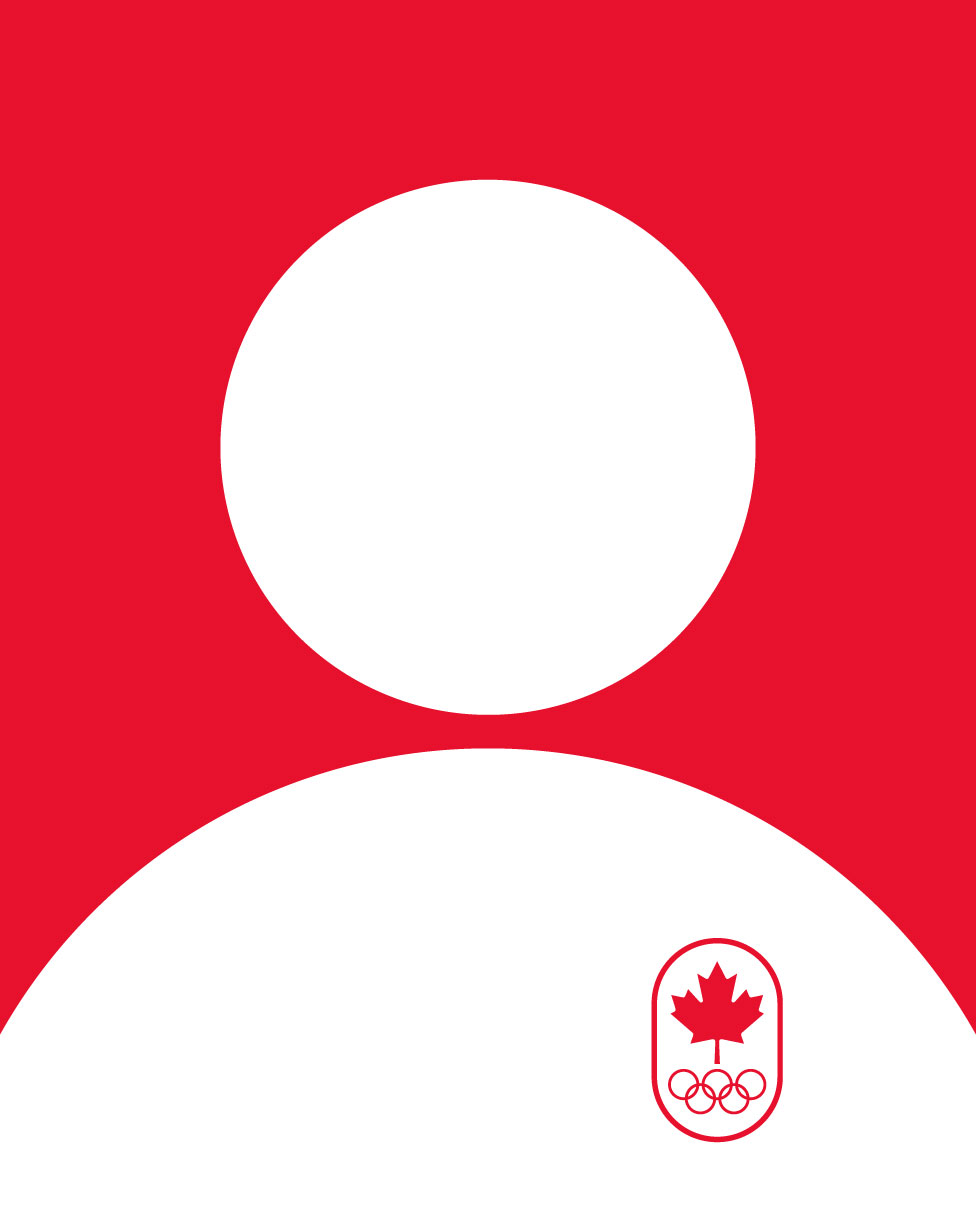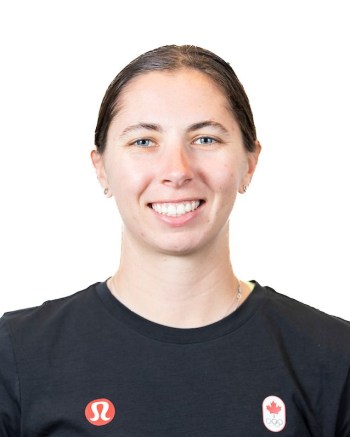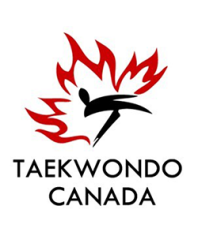Phil Wizard on breaking as an art, culture, and sport
Breaker Philip Kim, perhaps better known as B-Boy Phil Wizard, has a busy few weeks ahead of him. The World Breaking Championships in Leuven, Belgium and the Pan Am Games in Santiago, Chile–both key qualifiers for Paris 2024–are on the horizon.
The 26-year-old admits, however, that he isn’t the biggest fan of big competitions. “For me, I don’t love competing as much as I love to train and practice and develop myself in my craft every day,” he told Olympic.ca recently.
We talked about a lot more in that chat, dipping into breaking culture, what he wishes people knew about breaking, and what first time viewers should look out for as breaking makes its Olympic debut at Paris 2024.
Why do you break?
This is such a difficult question. I break because I love it, first and foremost.
I grew up watching a lot of anime and playing a lot of video games, and I feel like I live in that world. For example, one of my favorite anime growing up was One Piece, and I feel like breaking is very similar to that because you have your crew and you have different people that you compete with. In the show, people have “bounties”–so people will know these characters because they’re notorious for something. And it’s the same thing with breaking. I’ll go to an event and be like, “Oh, this is so and so and I look up to him because I know he can do this and this” and then it’s exciting to have to compete and battle against that person. So I feel like I live in a video game a little bit.
Breaking is so difficult, you just can’t be a master at everything. So as you progress in your story of life and in breaking, you have to kind of pick and choose which attributes to put effort into. You can’t be the best at everything. So you have to decide, okay, how do I want to dance? What style do I want? So again it’s kind of like a video game as you level up, you put more into certain attributes. I feel like it helps me gamify life.
And lastly, breaking has taught me so much. It’s given me a lot of perspective on life because of the opportunities to travel the world, meet new people and meet people from vastly different backgrounds. So it’s given me a life that I never would have expected.
What do you wish people knew about breaking?
I think there’s a misconception that it has died out. A lot of people think breaking died out in the ‘80s or the ‘90s. But it’s bigger than it’s ever been.
Especially going into the Olympics, I want people to know that from the perspective within the community, breaking is an art first, it’s a dance first, it’s a culture first. Yes, we are going into the realm of sport. But for the community, and for me personally, what makes breaking so unique is that it transcends the idea of sport versus art versus culture. It can be all of those things at once and I hope people will recognize that.
I also want people to know, going into the Olympics, that it’s not just about flashy moves. I think a lot of people think breaking is just about who can spin on their head the most, but there’s a lot of artistic value to the movements that we’re doing. You can’t judge it from the first time you see it–if you continuously watch, you’ll find a lot of details that you might not have seen before.
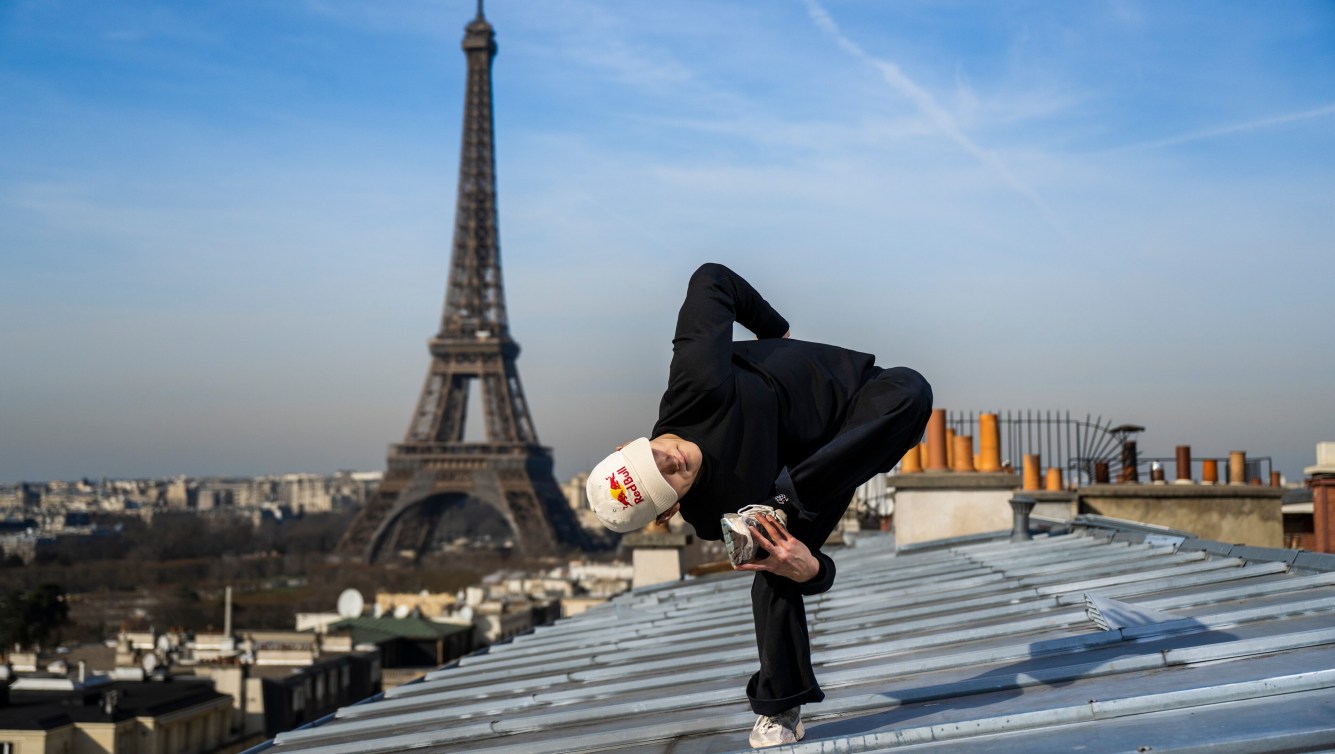
Breaking is making its Olympic debut–what advice would you give to first time viewers?
I would encourage people to basically pick a “character” that you root for because everyone dances very differently. I think of it in comparison to something like anime or superhero movies, where everyone has a particular favourite character. Everyone who is at the Olympics is breaking at the highest level, so find someone whose style resonates with you.
How are breaking competitions judged? Is there an easy comparison to any other sport?
To be completely honest, I didn’t really watch sports growing up, so I don’t really know how other sports are judged. But with that I would say it’s probably closest to skateboarding in terms of culture. I could also see a comparison to something like rhythmic gymnastics because there’s a lot of artistic value within the dance.
With judging, it is still very subjective, but I do know that going into the Olympics, they have a judging system that has certain criteria for things that are important like execution, originality, and musicality. I actually don’t know too much of the specifics of the judging system–I chose intentionally not to look at it because I didn’t want to change the way I danced for the system.
When you’re in a competition and you’re just about to dance, what’s going on in your head? Are you focused on the music, are you talking to yourself?
Sometimes, I’m super nervous and shaking and filled with adrenaline, so I have to calm myself down. I try to empty my mind because it’s filled with a constant battle of self doubt with deciding what to do, like what moves I should do during the competition. I try to really drown everything and everyone else out because I do the best when I’m just hearing the music and I’m kind of vibing out.
But sometimes I have an immense feeling of gratitude. I have specific moments that I remember that are kind of etched into my memory, of times where I was mid-battle, mid-competition and I’ll just smile and remember like, “Oh, this is what I do. I love this so much.”
So it really depends on the day and it depends on the event, but there’s always kind of a hurricane in my head all the time that I’m trying to calm down.
What values or characteristics do you want to uphold for younger athletes who may look up to you?
I hope no one looks up to me, to be completely honest. People always say, never meet your heroes–I hope no one meets me. Just kidding!
For me, the biggest thing is positivity. I think that is kind of something that I always try to bring to the table, competitively and non-competitively. And also gratitude, because I get to live my dream.
This interview has been edited for length and clarity

